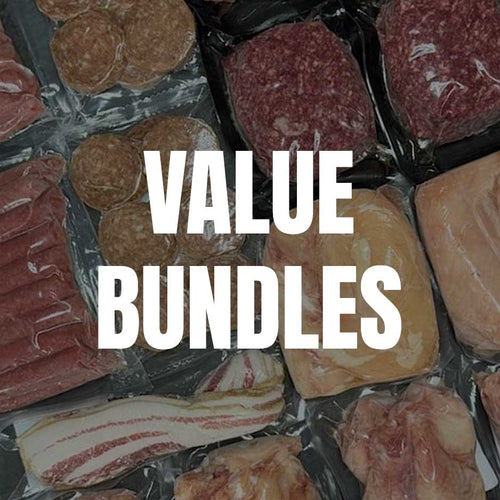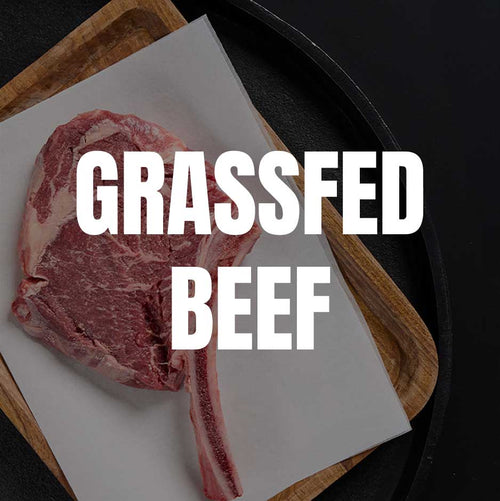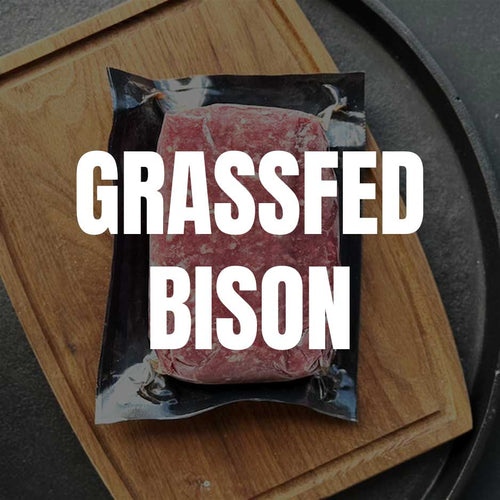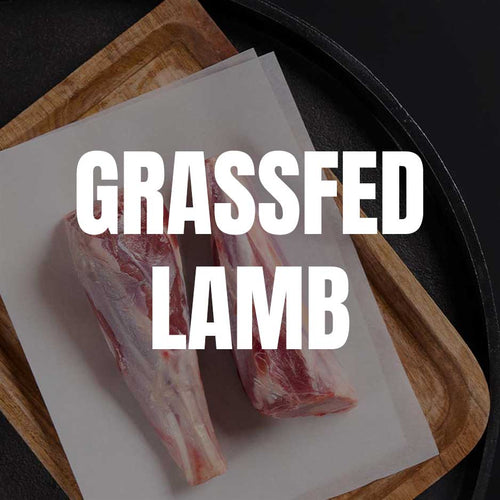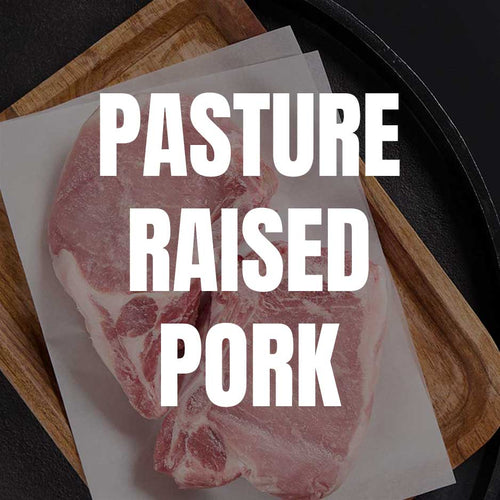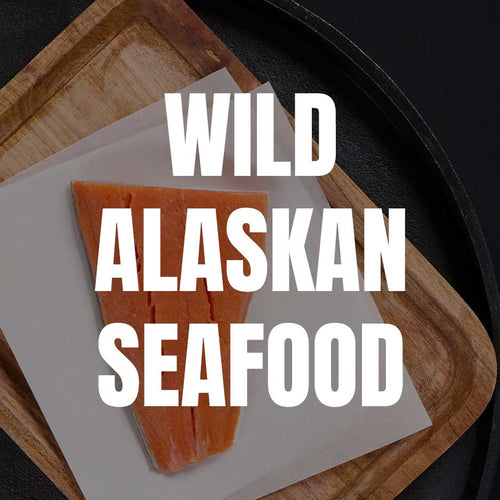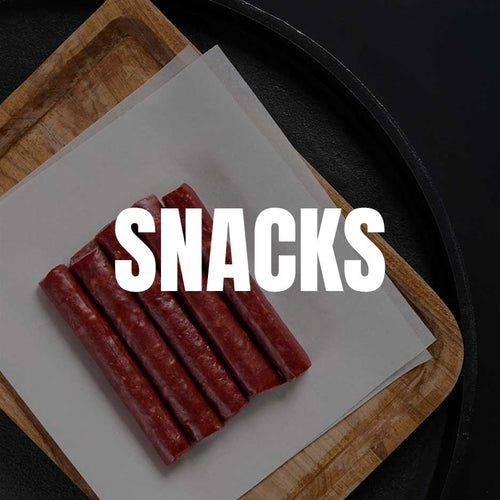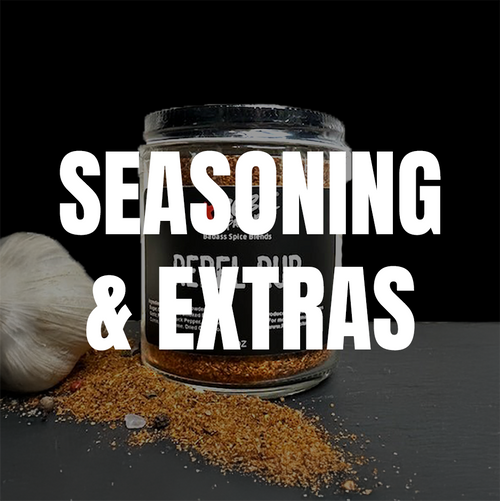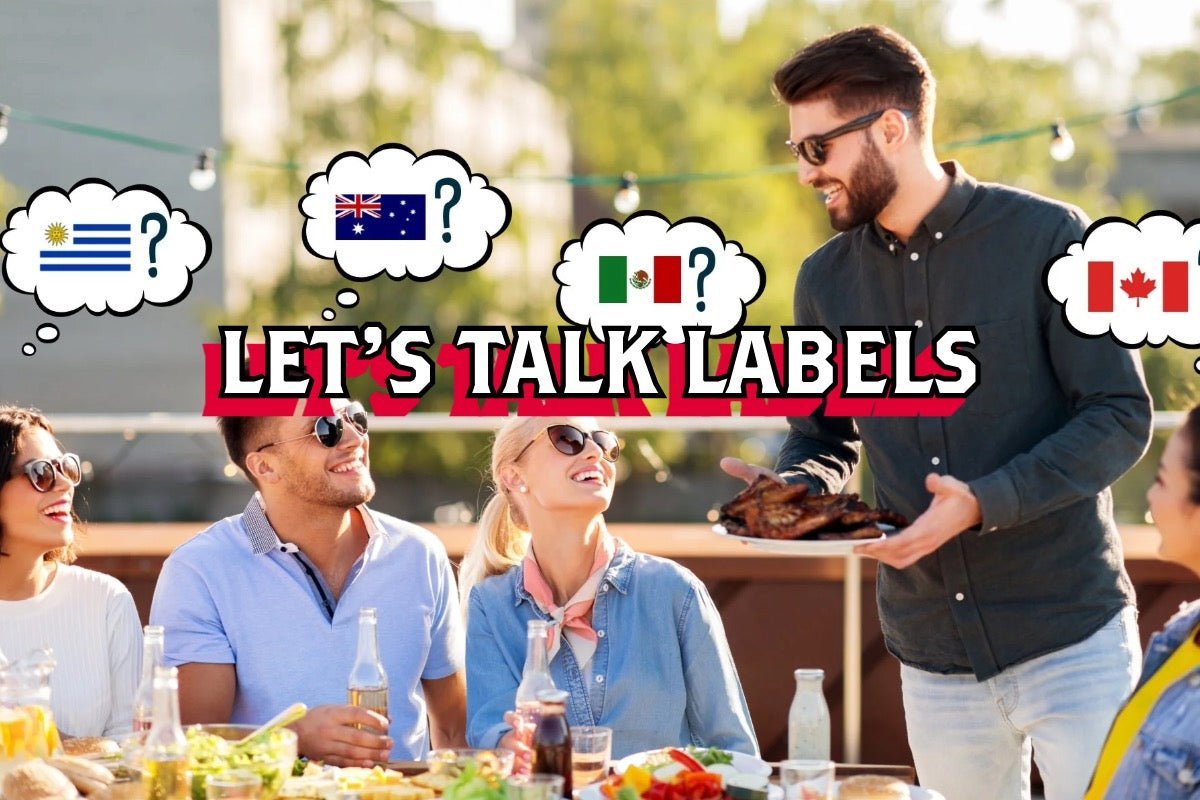
· By Jennifer Bajema
Let's Talk Labels
|
As promised, this is our first post focused on education about the meat market. For the sake of time and attention, this will be focused on labels you see on grocery store meat. I’ll save egg labels for a future post. USDA label claims are a small farmers foe and a trick that’s been played on the public. They have been designed by self-serving lobbyist to help big Ag overtake small farms. For small farmers, this process is expensive, time consuming and not worth the effort. The consumer has been trained by Big Ag to “read the label” instead of “Know Your Farmer”. This allows them to use HUGE slight of hand tricks to sell products under false assumptions (label claims). But we will let you be the judge: |
“Made in the USA” or “Product of USA”This one should make you mad. There ARE Federal label requirements for Country of Origin Labeling (COOL), BUT they are circumvented in two ways. First, if meat is imported from another country, but is repackaged or processed in the USA, it can be labeled as a product of USA.(WHAT?!?) Second, these label requirements have not been enforced since 2016 due to trade disputes. So it’s nearly impossible to know where your food comes from in grocery stores. |
Hormone FreeChickens don’t receive hormones. Never have. So this is true, right? The problem with these types of labels is the public then assumes that anything without this label DOES use hormones. Big Ag uses hormones in other types of meat, so they throw this one on their chicken to make people feel good. |
Natural or All NaturalSpeaking of being bamboozled... Natural is defined by the USDA as “minimally processed” “without use of artificial ingredients or preservatives”. Lots of room for interpretation there (especially if you have a highly paid lawyer arguing it). This one does not take a rocket scientist to uncover. Walk the aisles of your grocery store. Look at all the foods labeled “natural” or “all natural”. It’s on items like chicken breasts, lunch meat, and high processed packaged snacks. In fact, the highly processed, non-meat Beyond Burger uses this in their marketing. You tell me how much this label means… |
OrganicWe get this question often, “Are you organic?” Before we answer, lets dig into this label/certification. What the label claim “organic” impacts:
What DOESN’T the label “organic” impact:
And it is EXPENSIVE to become “organic”. This is straight from the USDA website, “Typically, there is an application fee, annual renewal fee, assessment on annual production or sales, and inspection fees.” In fact, it’s so expensive that the USDA provides financial assistance and funding options (How does that make sense?). So to answer this question, we proudly say, “No, we are beyond organic.” |
Free-RangeThis is a fun one. What do you expect when you hear free-range? Pasture? Fresh air? Grass and bugs? Guess again. According to the USDA, free-range means the chickens must be given access to the outside BUT for an unspecified amount of space for an unspecified amount of time. To put this into perspective: a grower can have a chicken barn with 30,000+ chickens, give them one hole with access to a tiny space for a limited amount of time and qualify for “free-range”. The government has a much lower standard for Free-Range than the average person does. |
Pasture RaisedHave you seen this label used at the grocery store? It’s another useless label because it’s not even federally regulated. If you are seeing this at a grocery store. It means nothing, zero, zilch. |
Why We DON’T Believe in Labels
|
How Do You Know What to Buy?This is an easy one! Know your farmer. Visit their farm. See how they grow their crops and raise their animals. Ask them about the drugs, chemicals and supplements they use. Buy from and support the farms that grow food in a way that is giving health back to your body, your community and the earth. Thanks for listening! |



